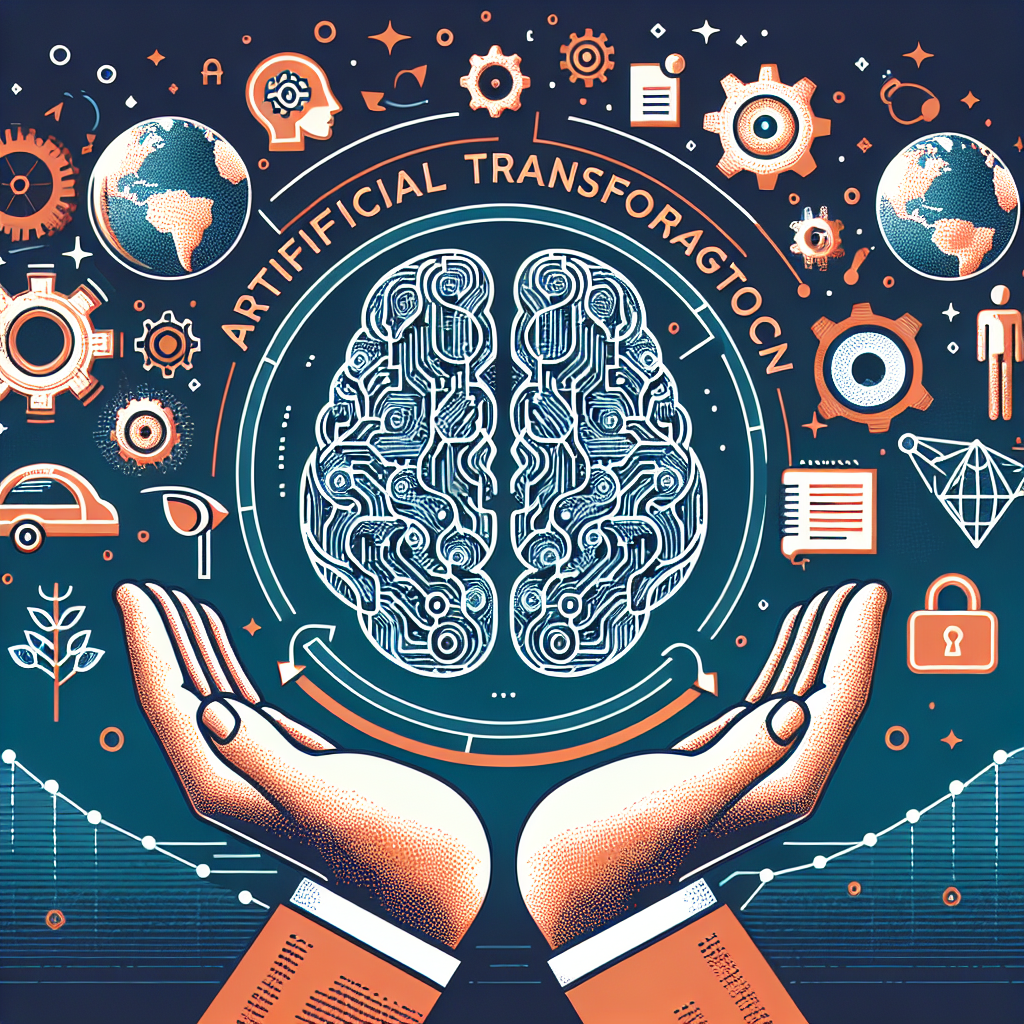Artificial General Intelligence (AGI) is a rapidly evolving field that has the potential to transform industries and reshape society in profound ways. AGI refers to a type of artificial intelligence that has the ability to understand and learn any intellectual task that a human being can. This is in contrast to narrow AI, which is designed to perform specific tasks within a limited scope.
AGI has the potential to revolutionize a wide range of industries, from healthcare and transportation to finance and entertainment. By automating tasks that currently require human intelligence, AGI can increase efficiency, reduce costs, and improve accuracy. However, the widespread adoption of AGI also raises important ethical and societal questions that must be addressed.
In this article, we will explore the potential impact of AGI on industries and society, as well as some of the key challenges and opportunities that come with this technology. We will also provide answers to some frequently asked questions about AGI.
Transforming Industries
AGI has the potential to transform a wide range of industries by automating tasks that currently require human intelligence. For example, in healthcare, AGI can help doctors diagnose diseases more accurately and develop personalized treatment plans for patients. In transportation, AGI can improve the efficiency of autonomous vehicles and reduce the number of accidents on the road. In finance, AGI can analyze large amounts of data to identify trends and make investment decisions.
By automating these tasks, AGI can increase efficiency, reduce costs, and improve accuracy. This can have a significant impact on businesses, allowing them to operate more effectively and compete in a rapidly changing marketplace. However, the widespread adoption of AGI also raises important ethical and societal questions that must be addressed.
Reshaping Society
The widespread adoption of AGI also has the potential to reshape society in profound ways. For example, as more tasks become automated, there may be a shift in the types of jobs that are available. This could lead to job displacement for some workers, while creating new opportunities for others. It is important for policymakers to consider how to support workers who are affected by these changes and ensure that everyone has access to the benefits of AGI.
AGI also raises important ethical questions, such as how to ensure that the technology is used in a responsible and transparent manner. For example, there are concerns about the potential for AGI to be used for malicious purposes, such as surveillance or warfare. It is important for society to have a robust framework in place to govern the development and deployment of AGI in order to ensure that it is used in a way that benefits everyone.
Challenges and Opportunities
While AGI has the potential to revolutionize industries and reshape society, there are also significant challenges that must be addressed. For example, developing AGI requires a deep understanding of human intelligence and cognition, which is still a complex and poorly understood field. There are also technical challenges, such as how to ensure that AGI is safe and reliable, and how to prevent it from making harmful decisions.
However, there are also many opportunities that come with AGI. For example, AGI has the potential to solve some of the most pressing problems facing society, such as climate change, poverty, and disease. By automating tasks that currently require human intelligence, AGI can free up human workers to focus on more creative and innovative tasks. This can lead to new discoveries and advancements in science, technology, and other fields.
FAQs
Q: What is the difference between AGI and narrow AI?
A: AGI refers to artificial intelligence that has the ability to understand and learn any intellectual task that a human being can. Narrow AI, on the other hand, is designed to perform specific tasks within a limited scope.
Q: What are some examples of industries that AGI can transform?
A: AGI has the potential to transform a wide range of industries, including healthcare, transportation, finance, and entertainment.
Q: What are some of the ethical concerns surrounding AGI?
A: Some of the ethical concerns surrounding AGI include the potential for the technology to be used for malicious purposes, such as surveillance or warfare. It is important for society to have a robust framework in place to govern the development and deployment of AGI in order to ensure that it is used in a way that benefits everyone.
Q: How can policymakers support workers who are affected by the adoption of AGI?
A: Policymakers can support workers who are affected by the adoption of AGI by providing training and education programs to help them transition to new roles. It is also important to ensure that everyone has access to the benefits of AGI and that no one is left behind.
In conclusion, AGI has the potential to transform industries and reshape society in profound ways. By automating tasks that currently require human intelligence, AGI can increase efficiency, reduce costs, and improve accuracy. However, the widespread adoption of AGI also raises important ethical and societal questions that must be addressed. It is important for policymakers, businesses, and society as a whole to work together to ensure that AGI is used in a responsible and transparent manner.

